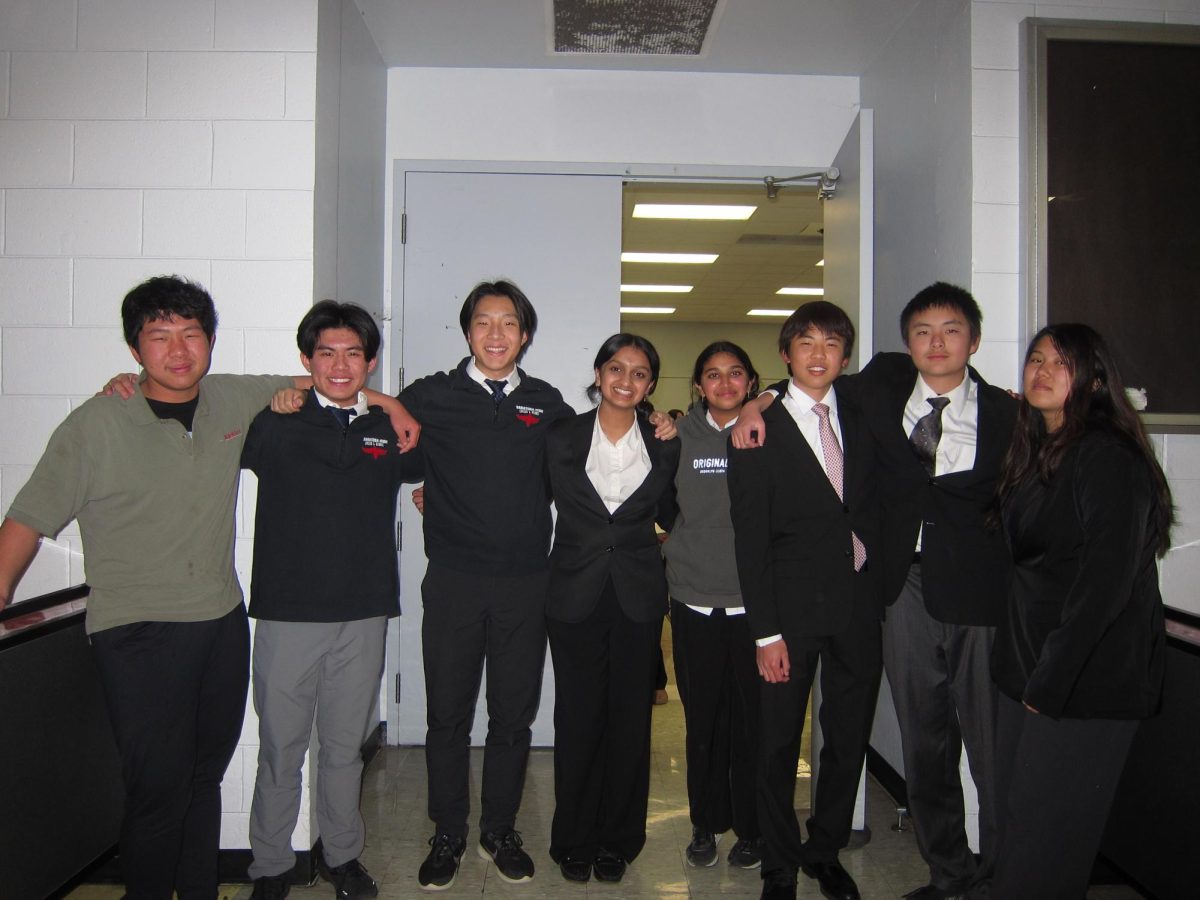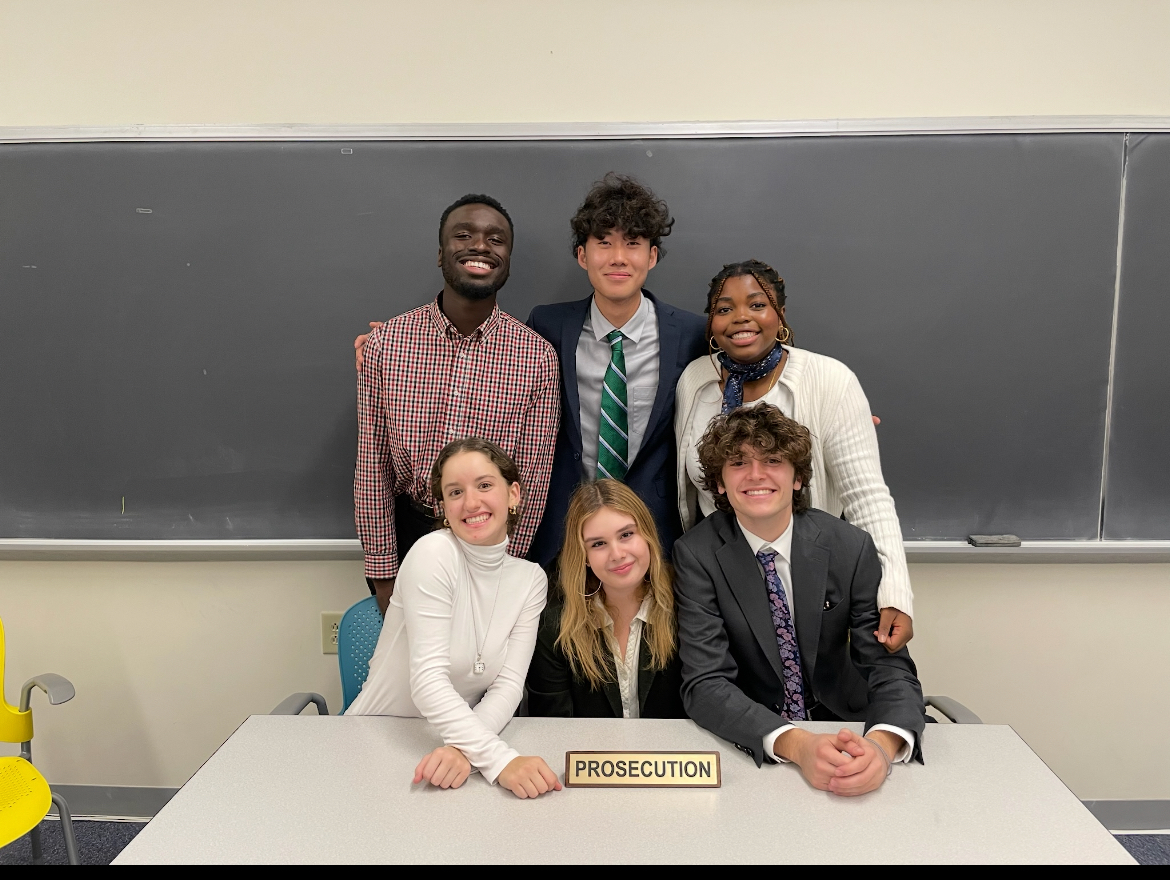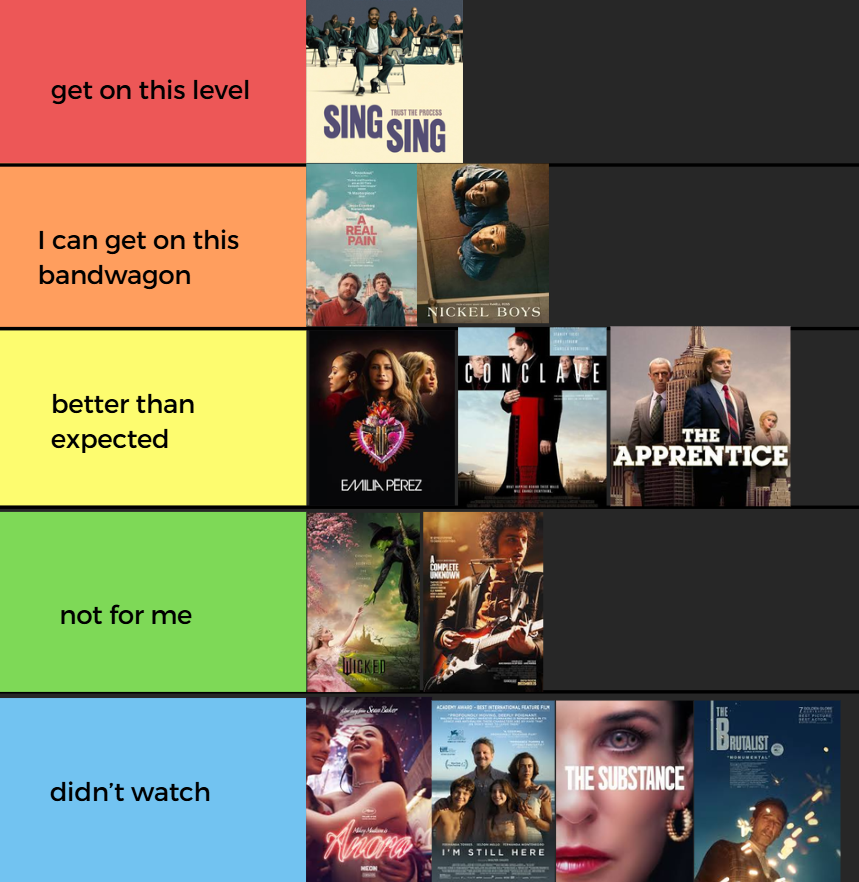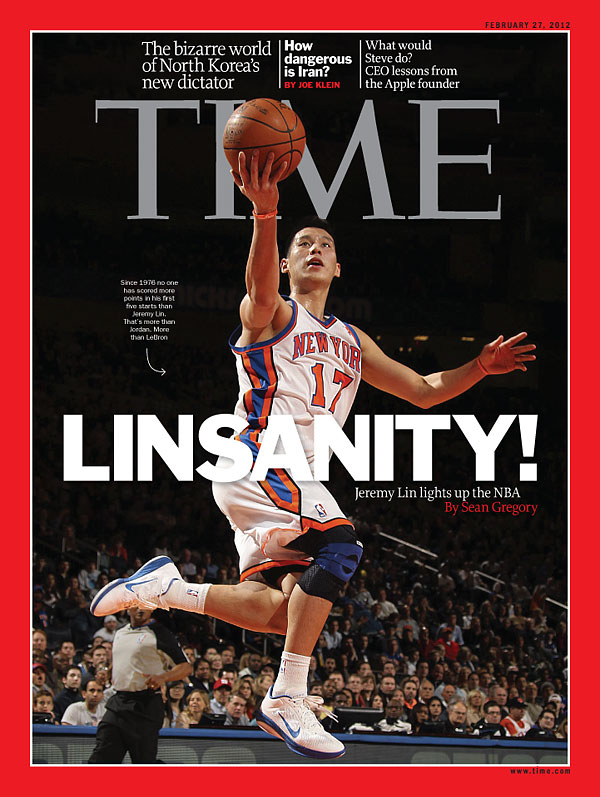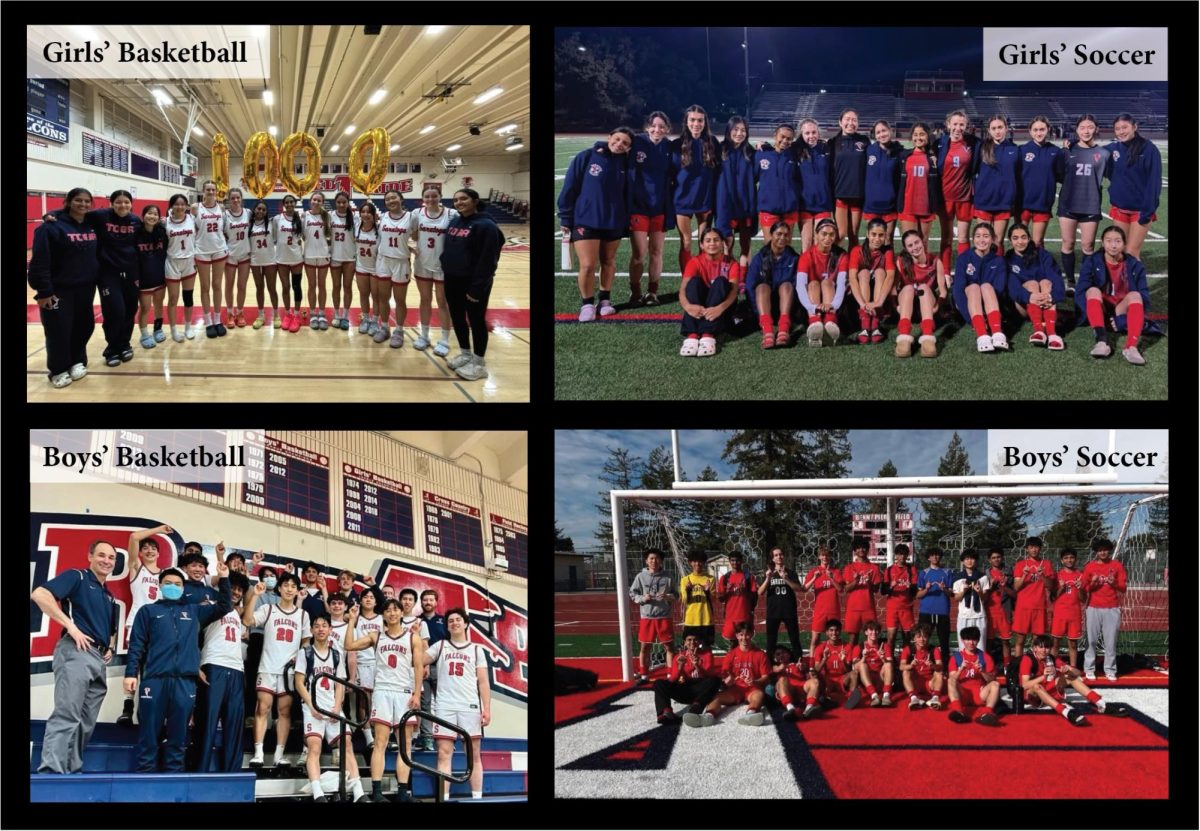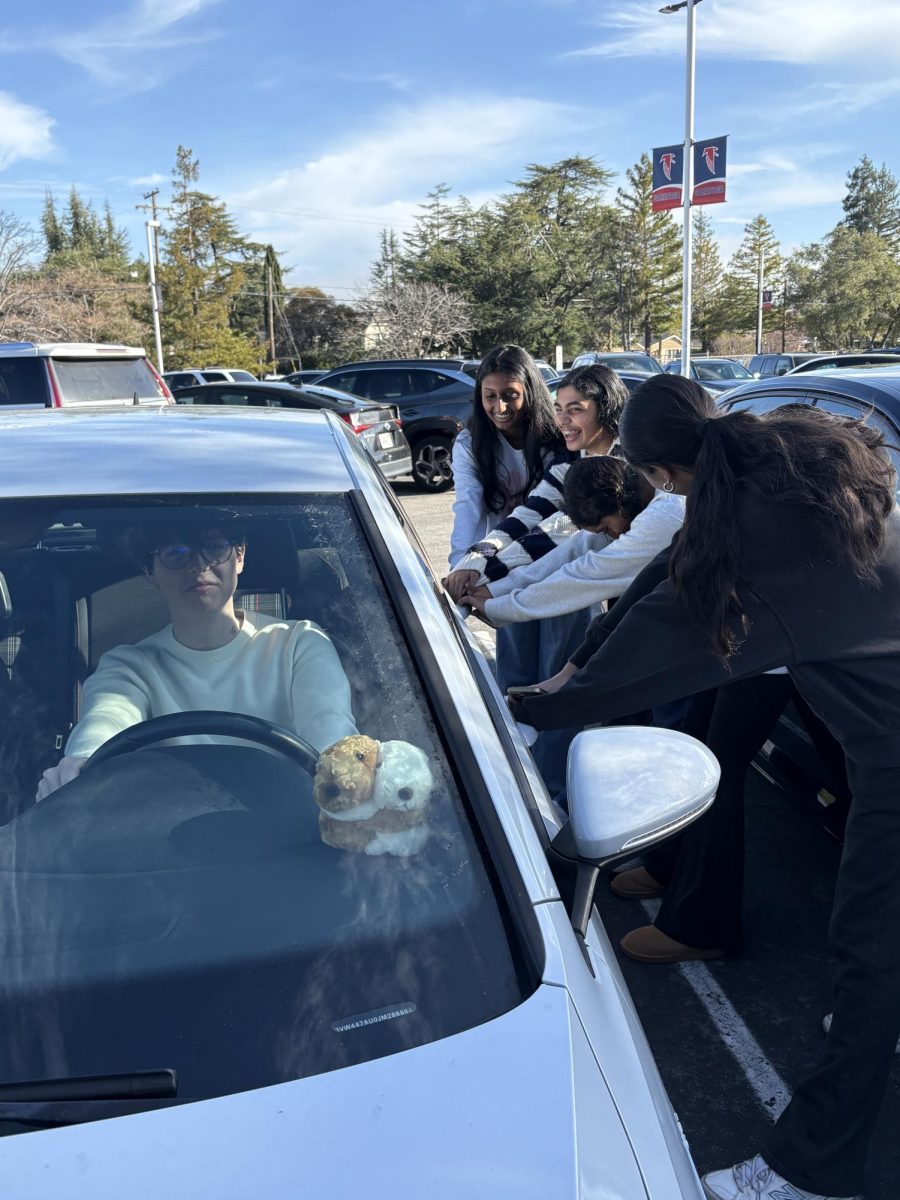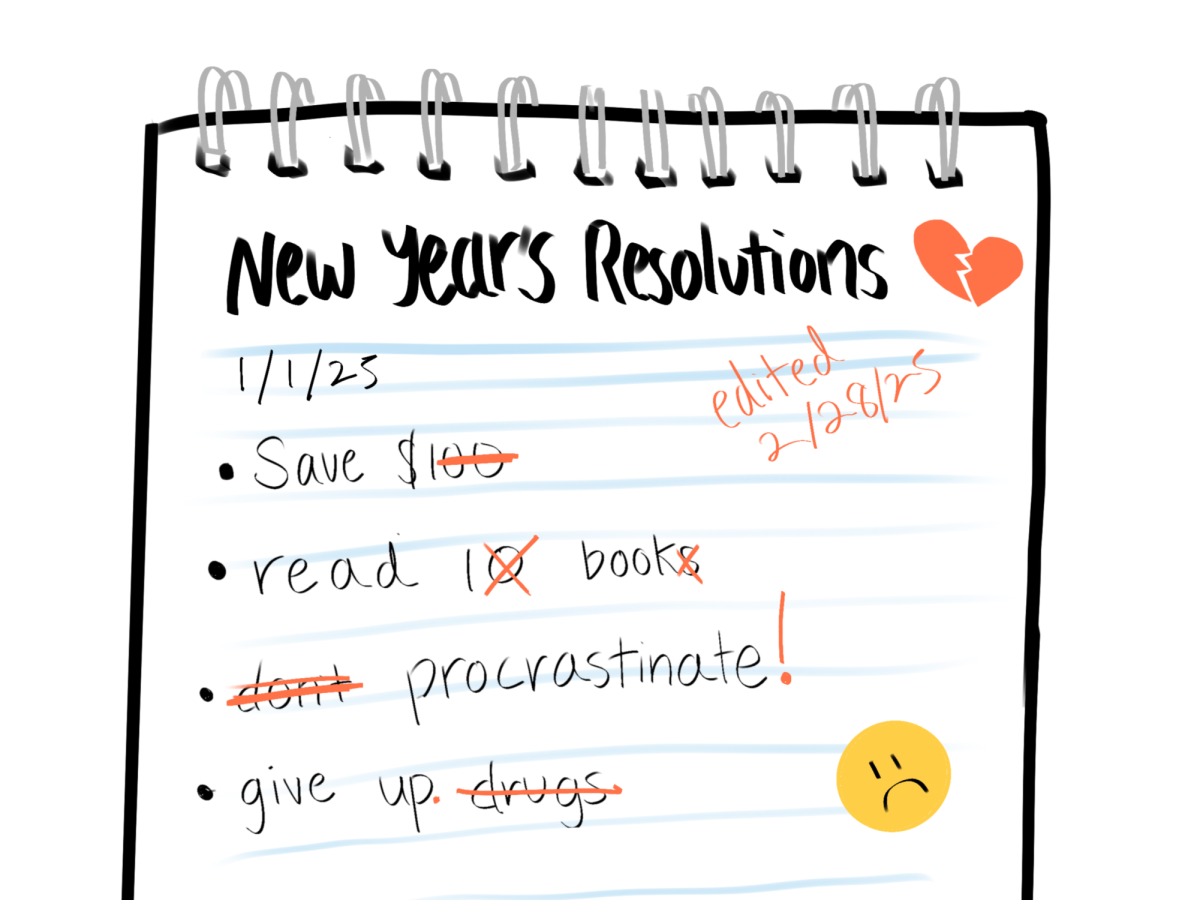A few weeks ago, the College Board announced that they would be holding abbreviated AP tests this May and would cut down on units that many schools were unable to cover before shutting down. After being notified of these announcements, many AP teachers at SHS and elsewhere have chosen not to teach units that were not included on the AP exam.
A major problem resulting from the shortened curriculum is that many students will not be prepared to skip the college courses that AP exams give college credit for.
While the more focused preparation on the AP exam is effective and will obviously benefit students specifically for their exams, teachers should still offer ways students can learn the missed topics after AP exams end.
For example, the AP U.S. History teachers are assigning Crash Course videos on YouTube covering the years from 1945 to the present, which were not included on the exam.
AP exams primarily serve to give students college credit and are good indicators of a student’s success in that subject during their freshman year in college. Even if a student decides not to skip a college course, taking an AP course should give them a solid foundation on which they can build in college. The COVID-19 crisis threatens entire units, leaving students less prepared to take higher level college courses, which heavily rely on prior knowledge.
Students will have to learn the missed topics eventually to succeed later on in college, so AP teachers should help them by offering optional videos and assignments on the topics.
Specifically, teachers could send students crash courses from the internet and provide them with pre-existing worksheets for those topics that were used in the curriculum in previous years. This is probably the optimal method of teaching the topics to the students because there are only a few weeks of school left after the AP exams, and since each class only meets twice a week, there will be precious little time left for complete live lectures.
The worksheets and videos should be optional, but students who choose not to utilize these resources are missing out on great learning opportunities and will probably experience issues with the subject in college and beyond.
The reason the worksheets and videos should be optional is that adding new graded assignments for students after the AP exams will bring students unnecessary stress, as they probably do not want any more risks to their grades beyond the ones presented by the online schooling.
For the remaining class periods, students have to attend class for at least 15 minutes, so teachers can utilize this time and additional minutes to hold Q&A sessions.
Teachers should also open up the missed units’ assignments in AP Classroom, so students can practice more on those sections.
Despite the pandemic negatively affecting education nationwide, students still have a responsibility to learn. They signed up for a yearlong course, after all.
Taking into consideration the changed digital learning system, providing optional AP classroom assignments and crash course lessons is the optimal solution for both teachers and students to ensure that student learning needs are being met.
For those who choose not to seize those opportunities, it is ultimately their loss.


